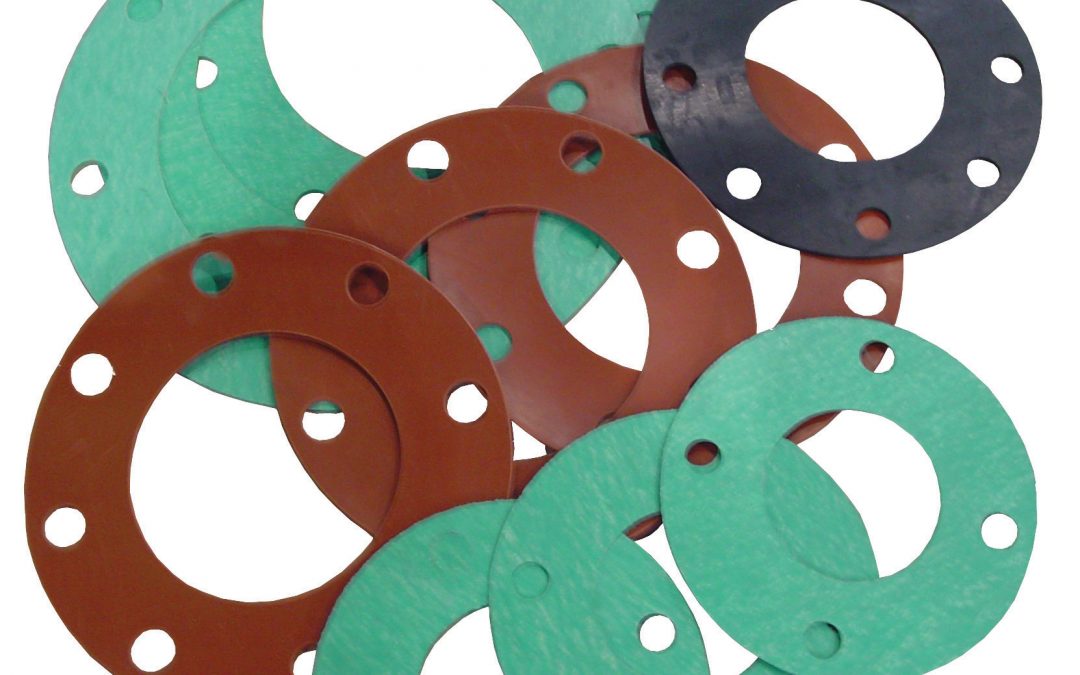Have an idea for an application requiring machined, molded, or fabricated plastic and now you’re ready for some pricing? Having your requirements organized and prepared will not only lead to a quicker quotation but could also lead to a more successful application and quite possibly – save some money. If you’re ready for that quote these tips will help make it the smoothest possible process:
1.) Have some sort of drawing or sketch to send
We don’t expect everyone to have a technical drawing but we at least need a sketch to get started. Sometimes applications that seem simple (a bearing or a pulley) are more involved than you would think. Take a bearing for example, if you just give us the outer diameter/inner diameter/length that doesn’t answer all we need to know. We’d want to know what the tolerances are, specifically in relation to a press fit or running clearance. Does it have a grease groove? Any flanges? A simple sketch can answer many of those questions.
2.) Have quantity and budget in mind
Truth is there isn’t always just one plastic that works in an application. Often there are multiple options that are “good, better, best” and your budget determines where the ideal material lies. Quantity is important too, as quantity can (but not always) lead to price breaks. However, narrow it down to 2-3 quantities at most for quotation. There are not price breaks at all quantities and putting too many tiers will delay your quote.
3.) Know the operational environment and inform us proactively
Often our reps will ask you questions about your application. Basic, yet important parts of the operational environment often get overlooked when choosing a plastic, so think of this in advance and, better yet, inform us at the outset. For example: is the application outside and therefore needs UV-protection? Is it exposed to any chemicals, acids, or bases? Does it take impact or is immersed in water? All of those are critical to the success of an application.
4.) Ask questions
We can’t answer absolutely everything, but we do know our plastics. So if you’re unsure if a plastic is best for your application then ask. Even if we’re not familiar with the application itself, we can at least discuss how other plastics compare to the one you’re considering and that may lead to more success and satisfaction with the end result.
For help with your plastic applications please contact us.

